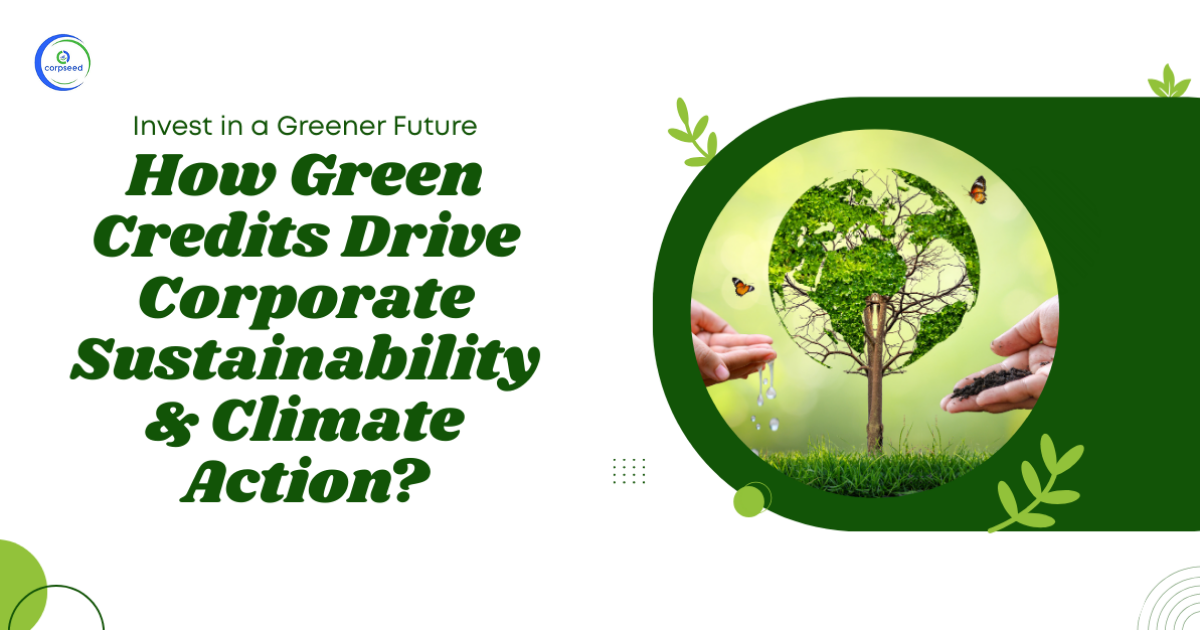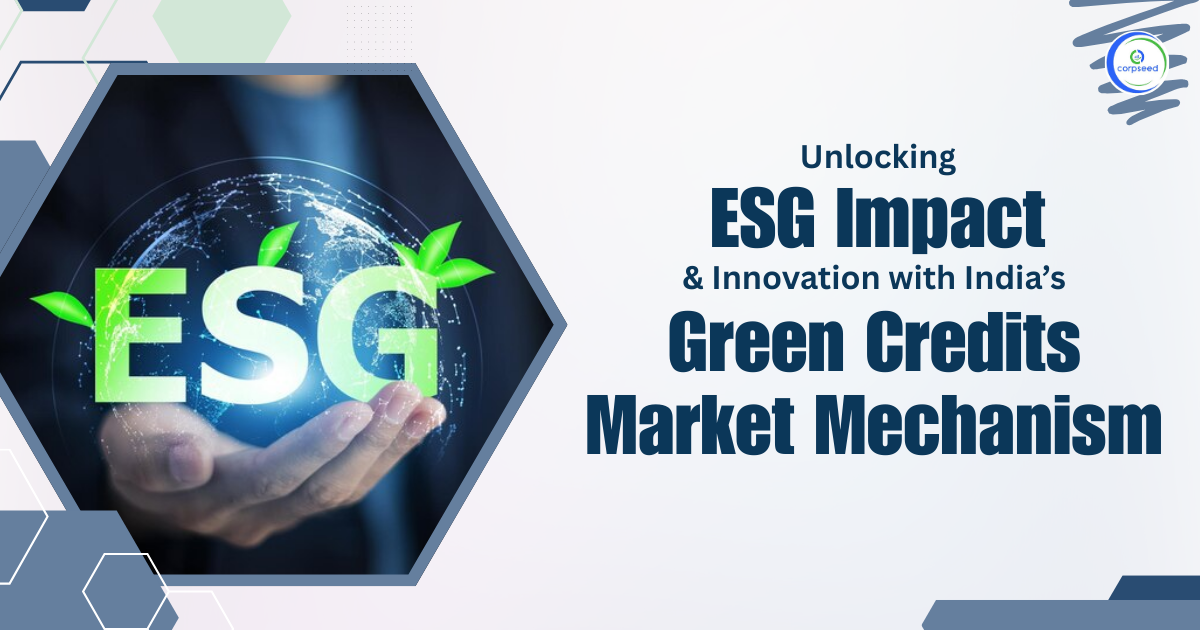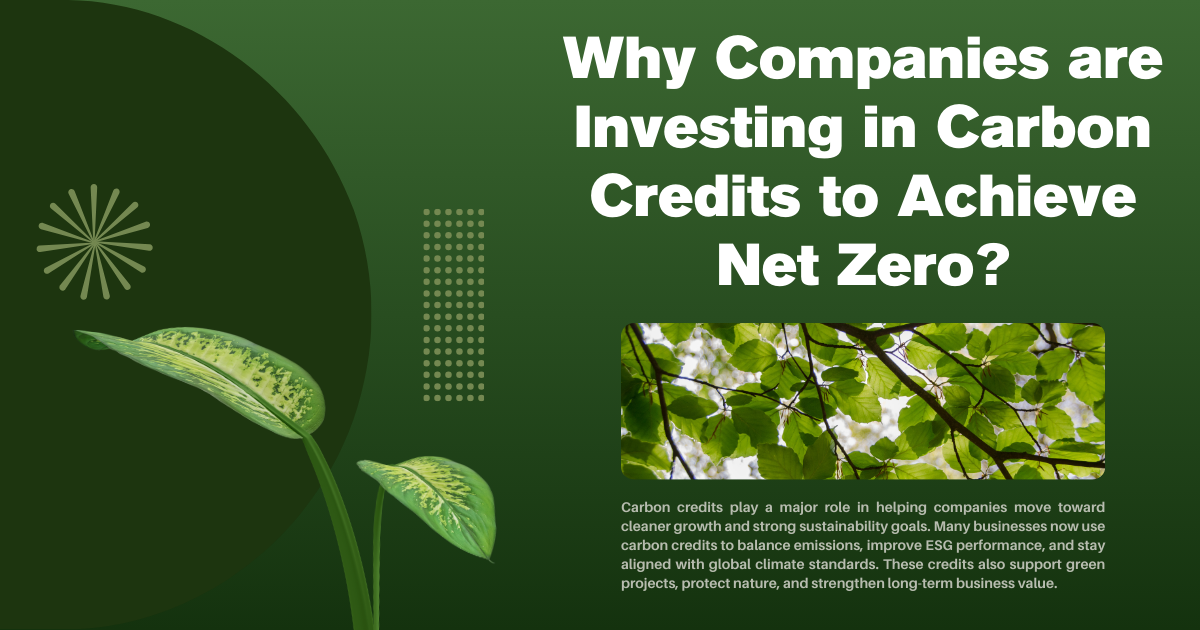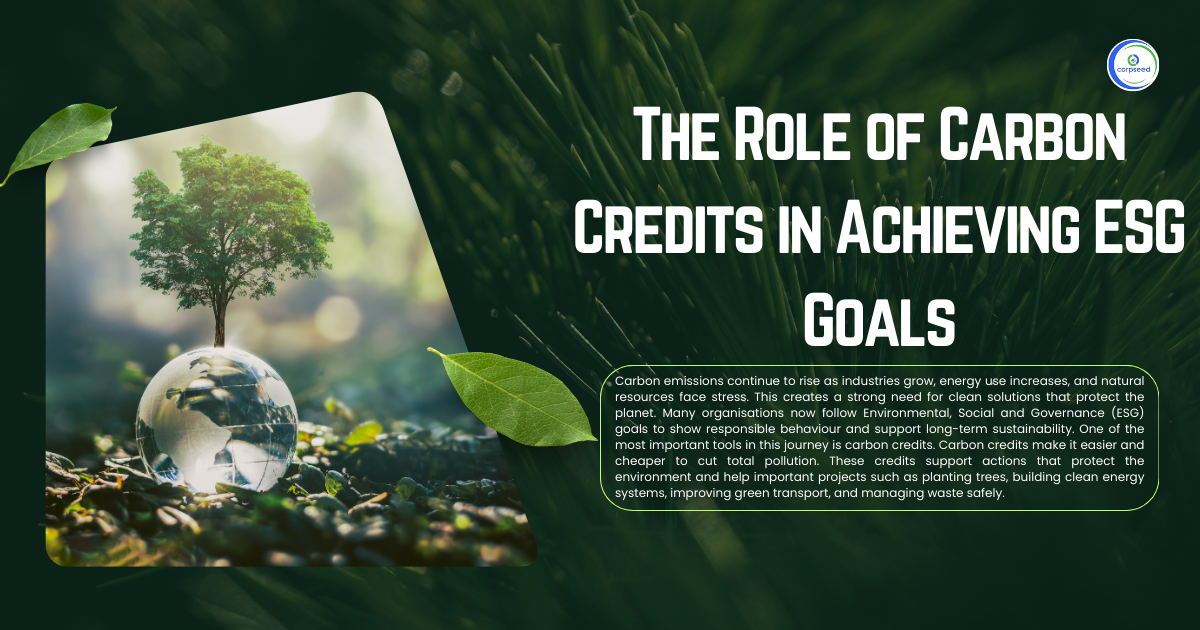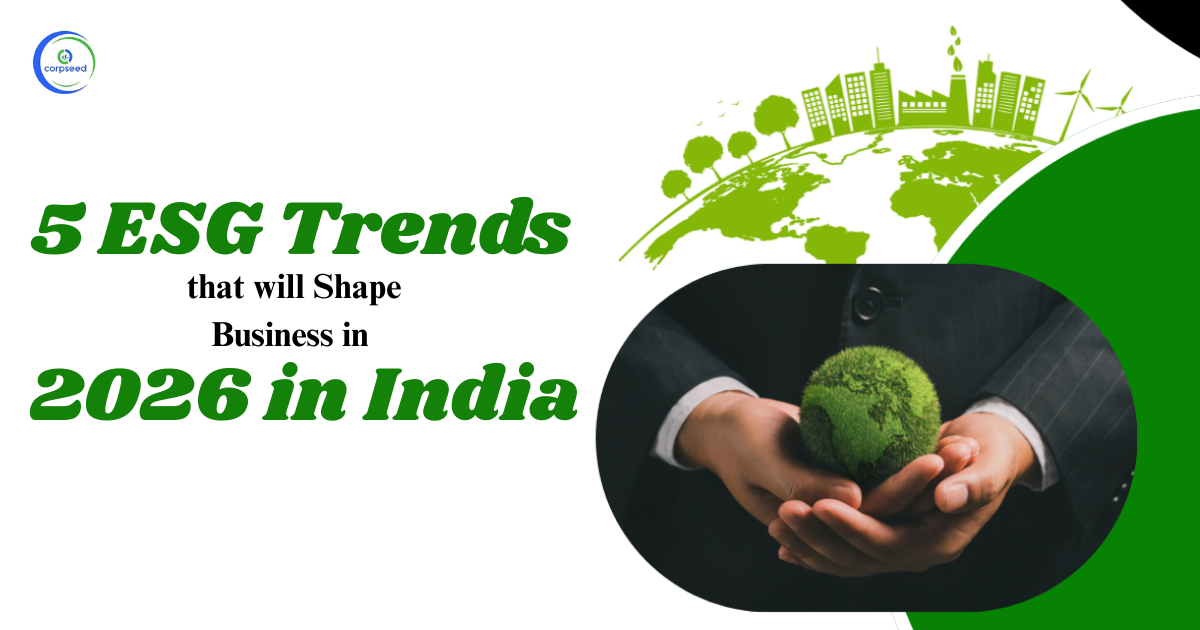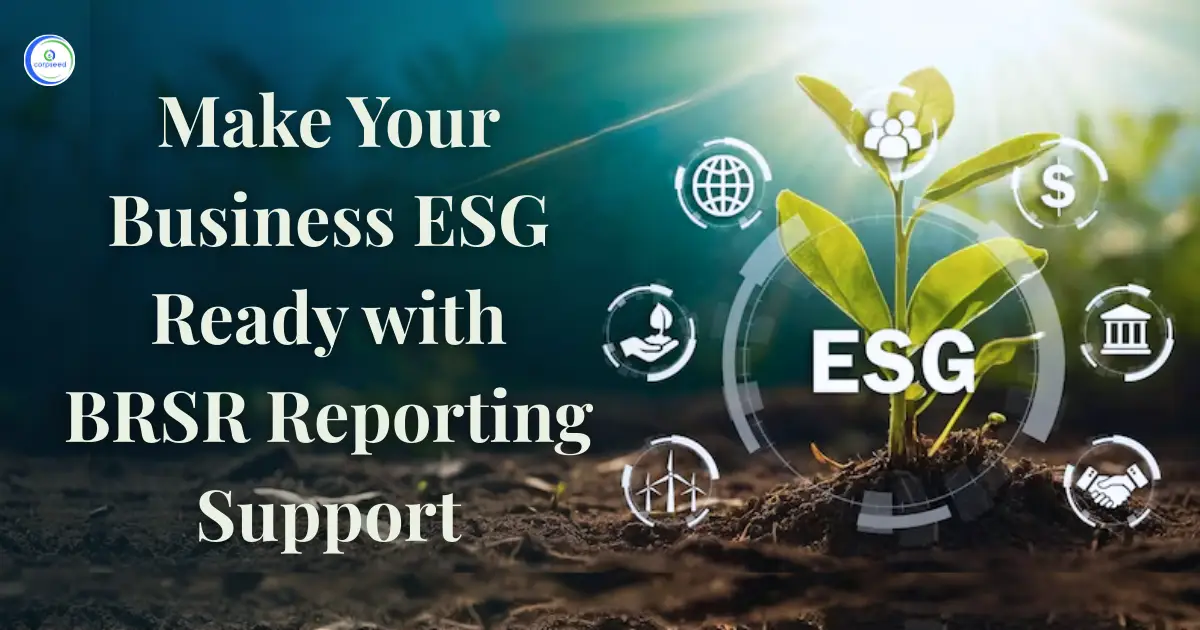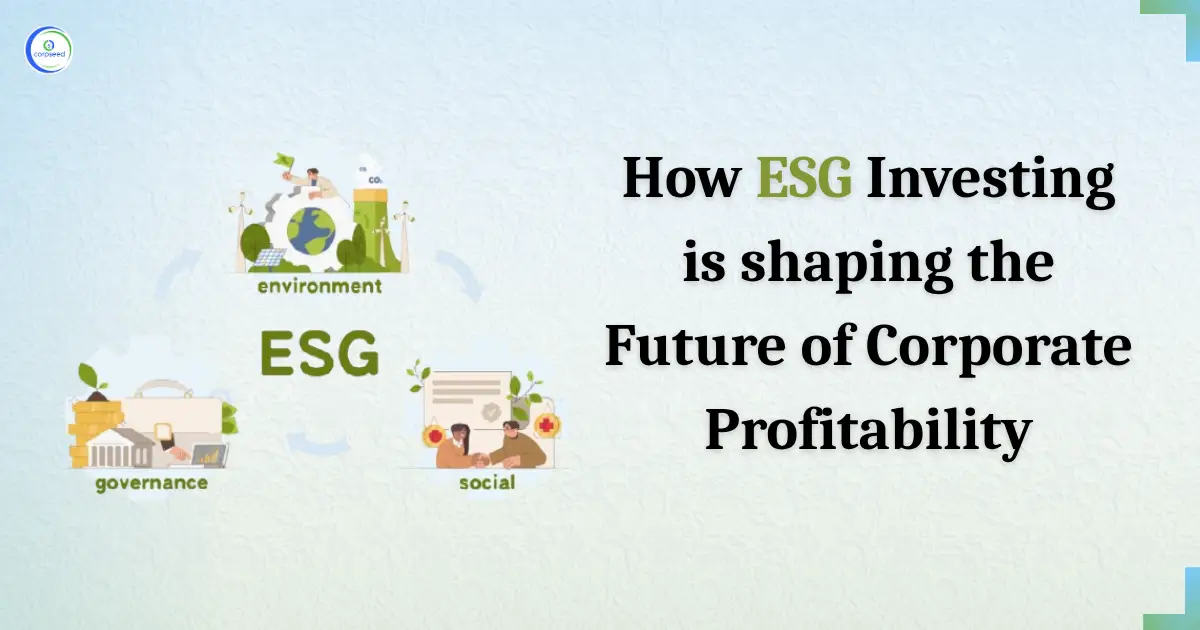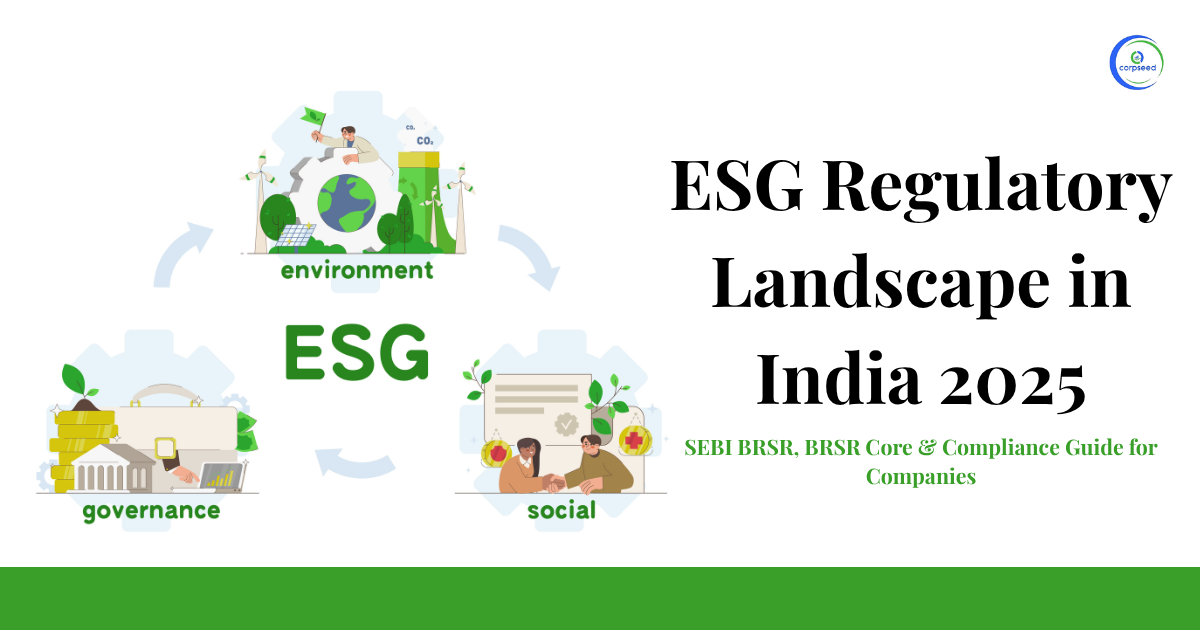What is sustainability?
Sustainability is our general public's capacity to exist and create without exhausting each of the normal assets expected to live from now on. Manageable advancement upholds this drawn-out objective with the execution of frameworks, structures, and backing from worldwide, public, and nearby elements. The idea of it is based on the thought that regular assets on Earth are limited, so supporting manageable practices keeps harmony between climate, economy, and value. It's the development and energy behind guaranteeing that Earth can keep being livable while controlling and decreasing asset exhaustion. It is derived from two Latin words: sus which implies up, and tenure which means to hold. Accordingly, maintainability is basically about holding up human life by addressing the necessities of the present without compromising the capacity of people in the future to address their issues. There are three aspects that it tries to coordinate: natural, financial, and social.
Table of Contents
--------------Blog Contact Form-------------
Monetary interests characterize the system for deciding, the progression of monetary capital, and the help of trade, including the information, abilities, capabilities, and different qualities typified in people that are pertinent to financial action. Ecological viewpoints perceive the variety and association inside living frameworks, the labor and products delivered by the world's environments, and the effects of human squandering.
Social/Socio-political alludes to cooperation’s between establishments/firms and individuals, capabilities expressive of human qualities, goals and prosperity, moral issues, and dynamics that rely on aggregate activity.
The convergence of social and financial components can shape the premise of social "evenhandedness". In the feeling of edified administration, "reasonability" is framed through the thought of monetary and natural interests. Among climate and social components lies "tolerability," the acknowledgment that the working of social orders is subject to ecological assets and administrations.
Why is Sustainability Important?
Sustainability, as a concept, is just not great for the environment but it adds up to the well-being of the society. The steps taken towards it by corporations, communities, businesses, and society reflect the positive outcome and lessen the damage that the environment gets affected by.
It results in the use of reduced energy across the board. Solar energy and wind power both do not require as much conveyance as needed by the fossil fuel industry and this move towards it helps in safeguarding the interests of the environment.
Operating businesses in a sustainable manner implies less waste, less damage to the environment, less pollution, and a reduction in the operating costs of the organization. It involves satisfying our personal needs but not compromising the same needs for our future generations.
Apart from the environmental resources, it necessitates the availability of social and economic resources too. It doesn’t only revolve around environmentalism but it also adds up to economic development and social equality.
The Advantages of Sustainability
The advantages of feasible improvement for individuals and the planet are various. It's expected to work on personal satisfaction for all and depends on the comprehension that natural, monetary, and social issues are connected. Monetarily speaking, economic practices can make a better, more secure, and more useful climate.
Socially, feasible practices can assist with reinforcing local area bonds, work on personal satisfaction, and give desire for a superior future. Earth-supportable practices can assist with safeguarding normal assets, alleviate and adjust to environmental change, and advance biodiversity. Social incorporation and manageability help that outcome from economic turn of events, are straightforwardly connected to zap.
Without a feasible turn of events, the biodiversity on which our lives and our monetary exercises depend would be lost. Biodiversity plays a critical part in the accomplishment of the 17 Joined Countries Sustainable Development Goals (SDGs). Without it we wouldn't have food to eat or clean water to drink. Biodiversity likewise mitigates environmental change, upholds human well-being, and gives occupations. Together, biodiversity and solid environments increase flexibility and act as normal supports against outrageous climate occasions like dry seasons, storms, and different debacles.
We are accomplishing a feasible world method of cultivating sustainability. This implies putting together our advancement concerning the roundabout economy model, opening new chances to work on individuals' lives through e-portability and savvy homes, shrewd urban areas and inventive business arrangements, ultra-broadband availability, and computerized installments.
Types of Sustainability
It is an extensive term with various elements, reflecting the extent of settings where it is applied in the social, financial, and environmental areas. There are various types of it, each focusing on a substitute piece of human existence and the sufficiency of the planet.
- Environmental Sustainability
The conservation and protection of the world's standard resources and organic frameworks are the fundamental goals of this kind of reasonability. It incorporates exercises like embracing harmless to the ecosystem power, proportioning biodiversity, diminishing waste, and using land reliably. The point is to protect regular harmony and reduce adversarial consequences for the environment.
- Economic Sustainability
The chief goal of economic sustainability is to propel far-reaching, impartial, and earth-conscious long-stretch monetary turn of events. It consolidates approaches like moral resources, the board, sensible corporate practices, and the progression of money-related plans that benefit every social region - past, present, and future.
- Social Sustainability
Normal freedoms, inclusivity, and social sensibility are the fundamental central places of social sustainability, which focuses on the thriving of organizations and individuals. It incorporates developing social connection and assortment as well as ensuring permission to necessities like housing, clinical benefits, and guidance. The target of social reasonability is to create strong, capable organizations.
- Cultural Sustainability
This sort of maintainability is stressed over inheritance, customs, and social assortment preservation and headway. It sees the meaning of saving social characters and customs to ensure they persist for a long time and change the world.
- Institutional Sustainability
Spreading out and staying aware of capable, clear, and mindful affiliations and organization structures is principal for institutional sustainability. It integrates exercises like moral self-rule, sound organization, and the creation of associations that are adaptable to change with the times.
- Technological Sustainability
This sort of sustainability revolves around the development and usage of headways that reduce their unfavorable outcomes on the environment, further foster resource capability, and back the targets of sustainability overall. Possible transportation decisions, eco-obliging gathering processes, and practical power development are two or three models.
- Personal Sustainability
Personal Sustainability implies individual choices and exercises that help a pragmatic way of life. This consolidates inclinations like reducing waste, using less energy, and making informed purchases. Individuals are asked by confidential maintainability to seek after decisions that help greater reasonability goals.
Since an extensive variety of reasonability is interrelated, achieving thorough sustainability requires a broad strategy that ponders the fuse of these various perspectives. Social orders can gain ground toward an extra viable and changed future by watching out for regular, monetary, social, social, institutional, and individual parts.
Conclusion
In total, sustainability is essential to create a flexible future along with looking after the personal needs of the present generation without any compromise. It's a strengthening process between the chain of social sustainability, monetary equality, and environmental safeguards. An eco-friendly world with the incorporation of sustainable practices can be developed through the adoption of principles like restricting environmental degradation, fair development guidelines, and the use of ethical social practices. It is not just a choice that the present-day generation has to make but rather an understanding of our responsibility to provide our future generations with the same environmental and natural resources that we have access to without any hindrances and compromises.
This portion of the site is for informational purposes only. The content is not legal advice. The statements and opinions are the expression of author, not corpseed, and have not been evaluated by corpseed for accuracy, completeness, or changes in the law.
BOOK A FREE CONSULTATION
Get help from an experienced legal adviser. Schedule your consultation at a time that works for you and it's absolutely FREE.


